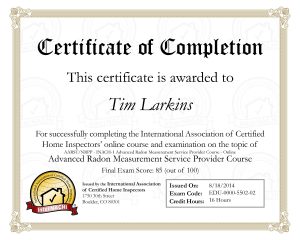Although real estate is a highly rewarding field to work in, it isn’t always the easiest to get into. In fact, kick-starting your new career as a real estate agent can be a complex process. This can discourage certain individuals from pursuing this career path, especially if they don’t have the motivation and resources that they need to get started.
To make the process as easy to follow as possible, we’ve broken down the most important steps to becoming a real estate agent. Before you know it, you’ll be able to start a rewarding new career with flexible hours and other great perks.
1. Take a Closer Look at the Guidelines in Your State
There isn’t a national regulatory body that all real estate agents need to adhere to. The rules and regulations faced by agents are established on a state-by-state level. Naturally, this also means that every state has its own rules on becoming licensed. Potential steps include undergoing a background check, submitting proof of training, meeting age requirements, and other restrictions, depending on your location.
2. Enroll in a Pre-Licensing Course
Rather than jump head-first into your licensing exam, make sure that you’ve enrolled in a pre-licensing course. During one of these courses, you’ll receive fundamental information on buying and selling real estate. This typically includes:
- Deeds, titles, and ownership laws
- Information about property rights
- Environmental and zoning laws
- Market analysis and appraisals
- Property tax information
3. Take (and Pass) Your State’s Real Estate Exam
Each state has its own licensing exam for prospective real estate agents. These exams will usually feature two primary sections: The first portion will relate to real estate on a national level, while the second half will be specific to the regulations and laws of your state.
If you fail the exam, you’ll usually be required to wait a set amount of time before attempting again. However, there’s often a limit to how many times the licensing exam can be attempted.
4. Apply for Your Real Estate License
After you’ve passed the exam, you’re ready to apply for your license. Before applying, go back and review the requirements in your state. Some states will require additional training after the license has been issued.
5. Find a Broker to Operate Under
A broker is typically needed to oversee all of an agent’s real estate transactions. Brokers can also be incredibly useful resources for new agents, as they can provide information on the many facets of the real estate community in their area.
To begin your career as a real estate agent, don’t hesitate to contact us for all the resources and advice you need.




